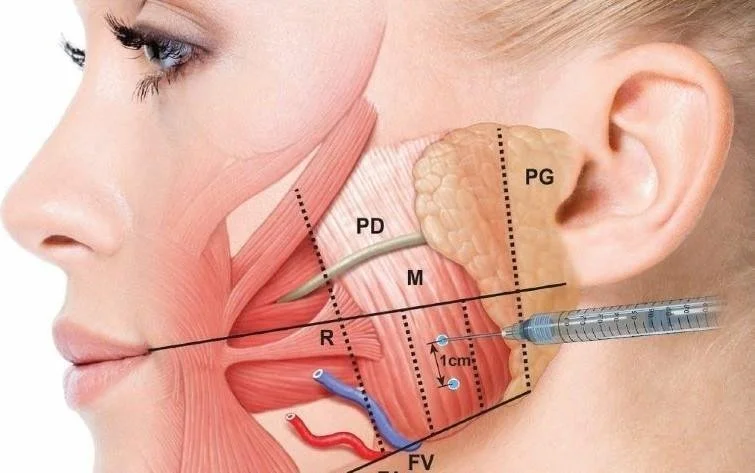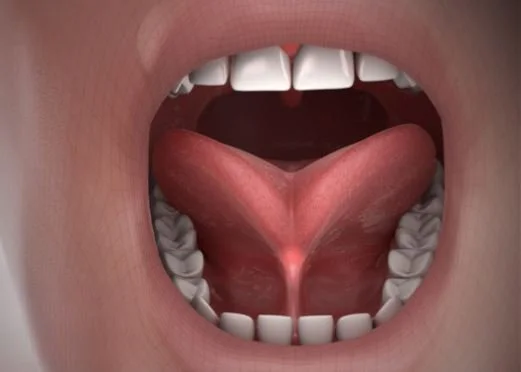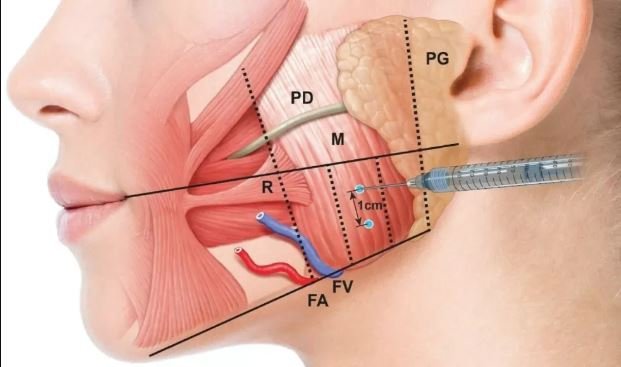Botox is increasingly used to manage TMJ disorder, offering relief from pain and muscle tension. This treatment can reduce jaw pain, alleviate muscle spasms, and improve jaw function. While Botox won’t address cosmetic concerns like a double chin, it helps with TMJ symptoms by relaxing the jaw muscles. Side effects are typically mild and may include bruising or temporary muscle weakness. After treatment, you should be able to smile normally, although clenching may be reduced. Consult with a healthcare provider to determine if Botox is the right solution for your TMJ needs.
Tongue tie, or ankyloglossia, can significantly impact your daily life, affecting speech, eating, and oral hygiene. In adults, signs of tongue tie include limited tongue movement, speech difficulties, and trouble with eating and oral care. While some might adapt to these limitations, addressing a tongue tie through procedures like frenectomy can greatly enhance comfort and functionality. Untreated, tongue tie can lead to persistent speech issues, eating challenges, and potential dental problems. Treatment options are generally quick and effective, offering substantial benefits such as improved speech clarity and easier eating. If you suspect a tongue tie is affecting your quality of life, consulting a specialist can provide valuable insights and solutions.
IV sedation is a popular choice for various medical and dental procedures due to its ability to provide comfort and control. During IV sedation, you are not fully unconscious but are deeply relaxed, often feeling drowsy and unaware of the procedure. While you may drift in and out of sleep, you can typically respond to verbal cues if necessary. Local anesthesia is often used alongside IV sedation to ensure that you don’t feel pain during the procedure. Although generally safe, IV sedation does carry some risks, such as allergic reactions or respiratory issues, which are managed by continuous monitoring. Compared to general anesthesia, which induces complete unconsciousness, IV sedation offers a less intense but still effective way to ease anxiety and discomfort. For procedures like tooth or wisdom tooth extraction, IV sedation can significantly enhance comfort and facilitate a smoother experience.






























